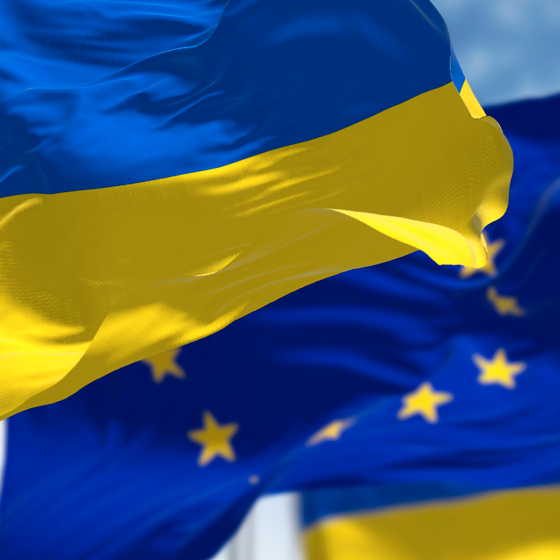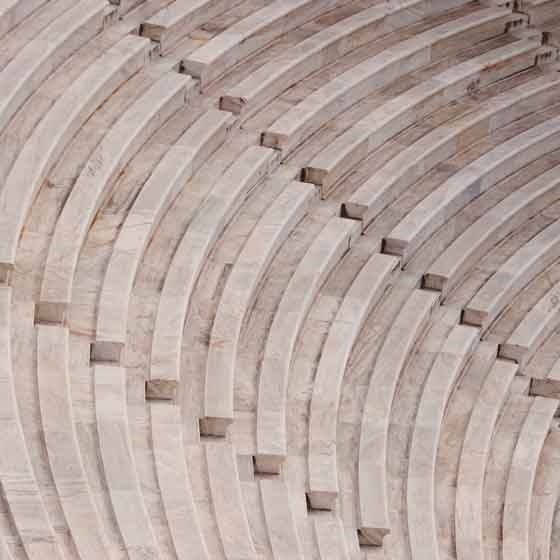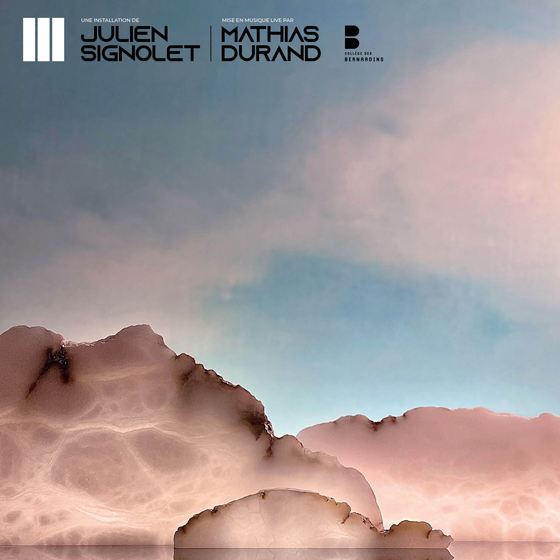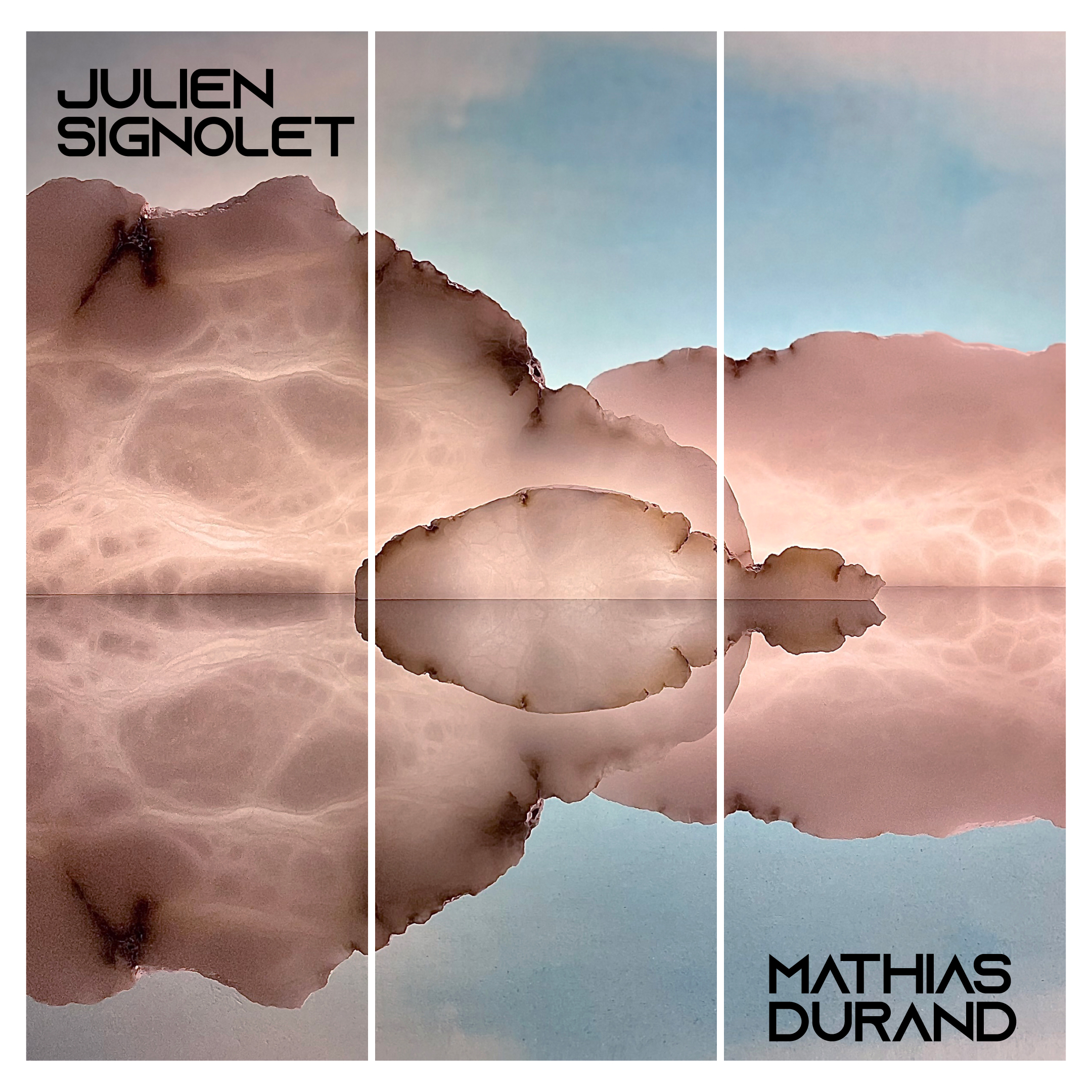Conférence
The climate debate : interpreting signs from the future
Panel debate (in French and English) Collège des Bernardins (Paris) Monday 6 July 8.00-10.00 pm (Climate 2015 Cycle)
Warnings about climate change and calls for urgent action are sure to be abundant in the lead up to the COP21 in November.
Is the event merely the latest in a series of political and media platforms that has spanned the last 25 years without any perceptible reduction in greenhouse gas emissions? Should we thank the scientists for their diagnosis but tell them that in the absence of credible figures on the extent of the risk, we must focus on the pressing issues of unemployment, unequal distribution of wealth, fear of migration and increased international tensions? Or should we reason that due to the inertia of the climate system and technical systems, if we wait for the end of scientific controversy on the risks, we are sure to act too late and plunge mankind into the unknown territory of an extremely destabilised climate.
Like portents of the future, the work of scientists warns us of the risks of pursuing our current mode of development. However, they do not provide us with a ready-made road map and we have to reach a decision without being "in full knowledge of the facts". Ultimately, we must consider the way we exercise our freedom to define or not define a Shared Future for mankind, which is already racked with division.
This side event will address philosophical and spiritual aspects of the climate debate. The whole issue may be dispelled by an act of faith in our ability to swiftly identify technical solutions that will spare us from having to change the way we produce, consume, use land and distribute wealth. It is nevertheless crucial that, despite our different cultural backgrounds, levels of wealth and visions of what constitutes a good society, we immediately consider how we should define the foundations of solidarity between the generations without jeopardising the future through our current actions or imposing the future on the present on the grounds that the general outlook appears bleak.
Contributors :
- Youba Sokona, South Center (Geneva), Co-Chair of IPCC Working Group III
- Nebojsa Nakicenovic, Deputy DG/CEO of IIASA (International Institute for Applied Systems Analysis) (Laxenburg, Austria)
- Pascale Braconnot, specialist in climate modeling, CEA senior scientist at the Laboratoire des Sciences du Climat et de l’Environnement (LSCE)
- Marc Fleurbaye, Economist, Research Director (Paris Descartes, CNRS), professor invited at Princeton
- Jean-Charles Hourcade, researcher at CIRED, head of R2DS, IPCC Lead Author
- Jacques Arnould, CNES policy officer, philosopher and theologian
- Frédéric Louzeau, head of the Collège des Bernardins Research Centre, philosopher and theologian
Partners :
- CIRED (International Environment and Development Research Centre)
- R2DS (Sustainable Development Research Network)
- The magazines Sciences et Avenir and La Recherche
En partenariat avec :













